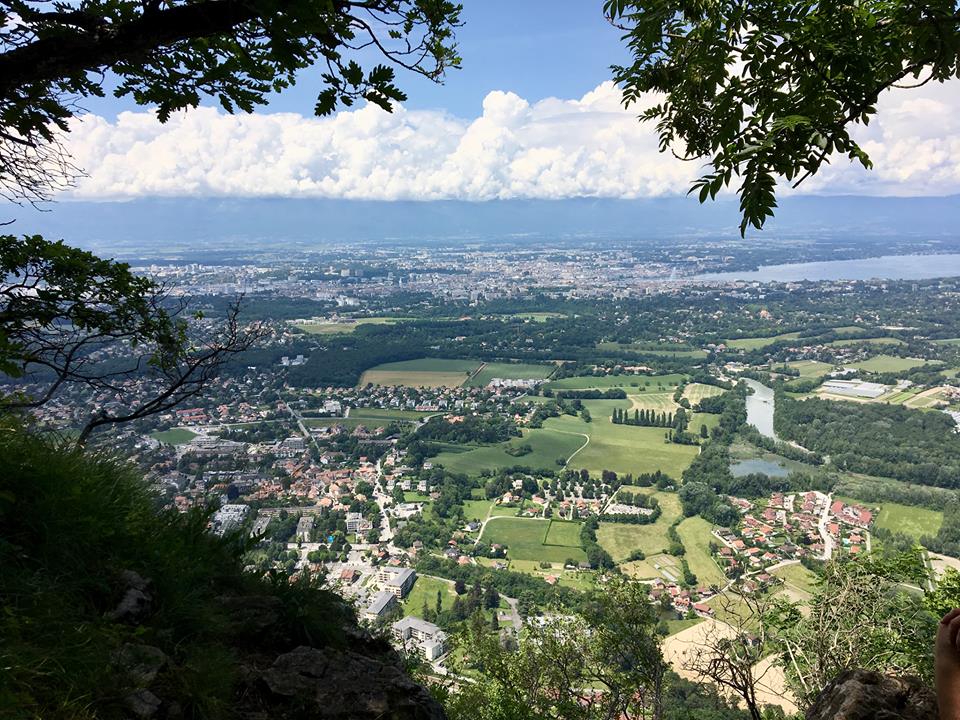Sua Sponte
“Sua sponte” is Latin for “of one’s own accord.” In law, the term usually refers to voluntary actions that judges take without first receiving a motion from one of the parties. While learning about sua sponte actions during Civil Procedure, I appreciated the logic and philosophy supporting this justice system safeguard that can protect parties from bad lawyering. I also enjoyed the strategic discussions about when and why a judge would make a sua sponte motion. In typical Gabby fashion, my thoughts wandered from the purely legal to the personal, and I contemplated the logic behind my own decisions about when to act sua sponte and when to wait for another person to motivate my action.
In general, I tend not to act sua sponte until/unless I am quite confident in the validity and appropriateness of my action. For example, when I know that I need to accomplish a great deal of challenging, time-intensive work in a short period of time, I, like most other ambitious law student-interns, work late without being asked to do so.
My tendency to put in extra effort sua sponte paid off last week when I was conceptualizing, drafting, and revising both the project narrative and the monitoring and evaluation narrative for a $700,000 grant proposal. Specifically, our proposal pitched an innovative idea for improving legal protections for Pakistan’s LGBTQIA+ population.
During the earlier part of last week, the permanent employees on the Pakistan team were very busy handling other projects. I knew that we still needed to finalize numerous aspects of the project narrative, such as the terminology we would use to describe IBJ’s regional offices in Pakistan, the scope of IBJ’s Pakistani partners’ involvement in the various project activities, and the specific metrics we would use to evaluate the success of each project activity. I also knew that the permanent employees likely would not have time to discuss the project narrative before the end of the week.
In order to ensure that I would be completely free to implement their suggestions at the end of the week, I frontloaded all of the work I feasibly could complete on my own. I conducted independent research on Pakistan’s legal system, used my own judgment to fill narrative gaps, and highlighted my independent judgment calls, so that my supervisors easily could evaluate my conclusions and make suggestions. I loved analyzing macroscopic justice system problems using the analytical reasoning skills that I have been cultivating during law school. Frontloading the work without guidance allowed me to test my own judgment and also helped ensure that we submitted the proposal at 8pm on Friday. The whole team got great feedback from IBJ’s COO, we reduced our stress by submitting the proposal several hours before the deadline, and we also got to go out and celebrate this milestone.
This past weekend, I also benefitted from actions that I did not take sua sponte. Because I had an upper respiratory infection, I would not have hiked Mont Salève sua sponte. However, after having to work late almost every night the previous week, I did not want to have to turn down another one of my roommate’s kind offers to explore a new part of Geneva together. Consequently, on Sunday, I found myself hiking up fairly steep trails without being able to breathe through my nose. Would I have subjected myself to that discomfort without encouragement from my roommate, Susie, and her friendly fellow-German-Embassy-interns? Probably not. Was I happy that I did the hike after I completed it? Yes! Hiking did not make me any sicker, the views were spectacular, and it was invigorating to get some exercise outside on a gorgeous day after spending a week at my desk. Additionally, I was happy to have worked up an appetite by dinner time because the chicken Susie cooked was delicious! The pasta I made for us on Monday did not quite measure up, but at least it was healthy and easy to store in our respective work refrigerators for a few days.
Views from the hike!

